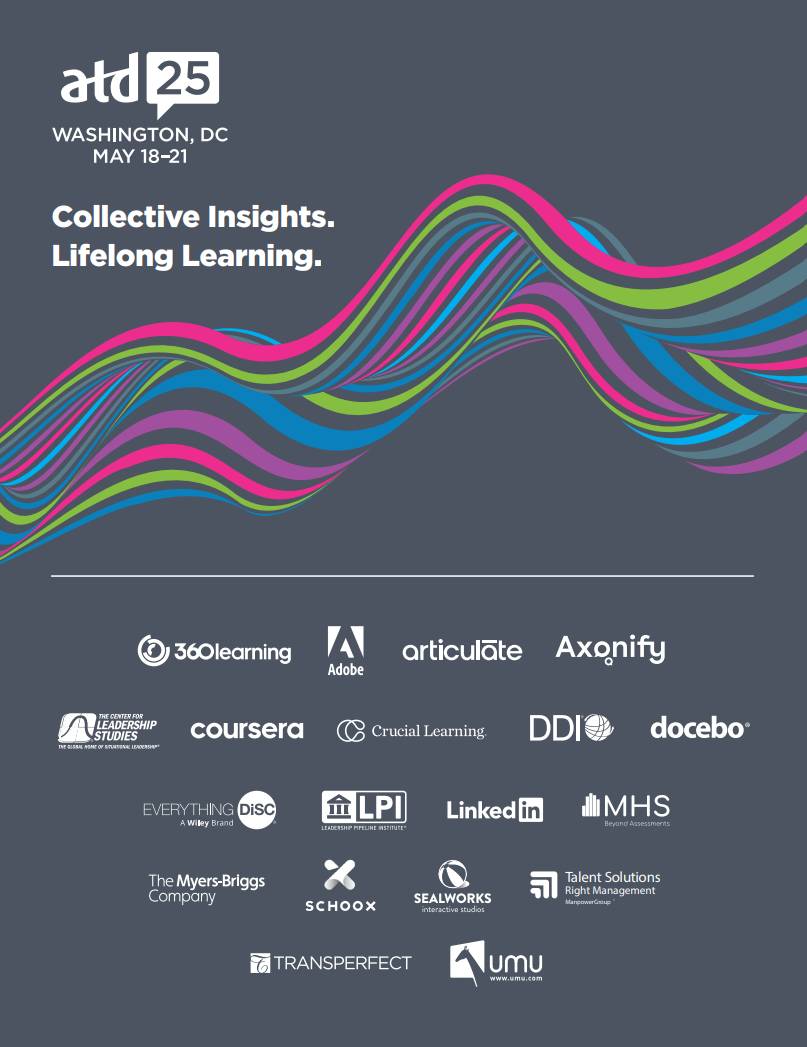Learning Stage
From Knowledge to Performance: A Cognitive Science Approach to Microlearning Design
Sunday, May 18, 2025
12:20 PM - 12:50 PM ET
Location: Learning Stage 4, EXPO, Lower Level
Sponsored By
.png)
Session Type:In-Person

Robyn A. Defelice
Learning Intrapreneur/Strategist
RADLearning
Speaker(s)
Most microlearning initiatives underperform because they're designed without considering the cognitive processes involved in different learning outcomes. This session explores how cognitive load theory directly impacts the design of knowledge-based, skill-based, and performance-based microlearning. You'll discover practical approaches for managing cognitive load across different types of microlearning and leave with a framework for making evidence-based design decisions that enhance learning effectiveness.
In this session, you will::
- Explain how the three types of cognitive load (intrinsic, extraneous, and germane) impact microlearning design and effectiveness.
- Differentiate between knowledge-based, skill-based, and performance-based microlearning outcomes and the specific cognitive demands of each.
- Apply cognitive load principles to design more effective microlearning experiences based on intended learning outcomes.



